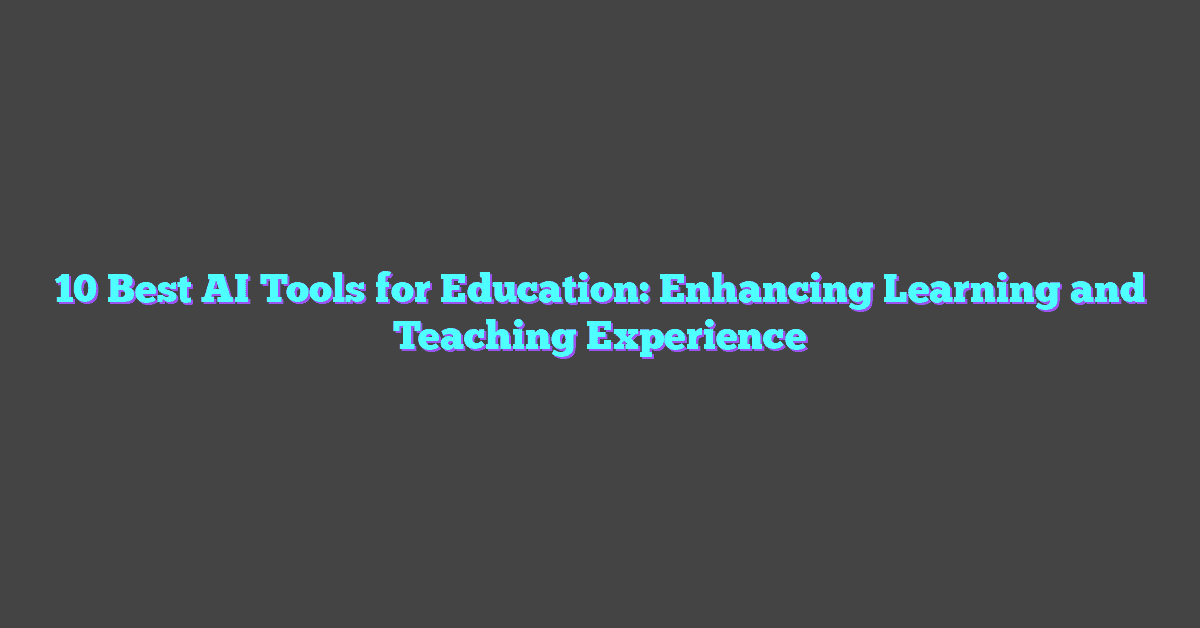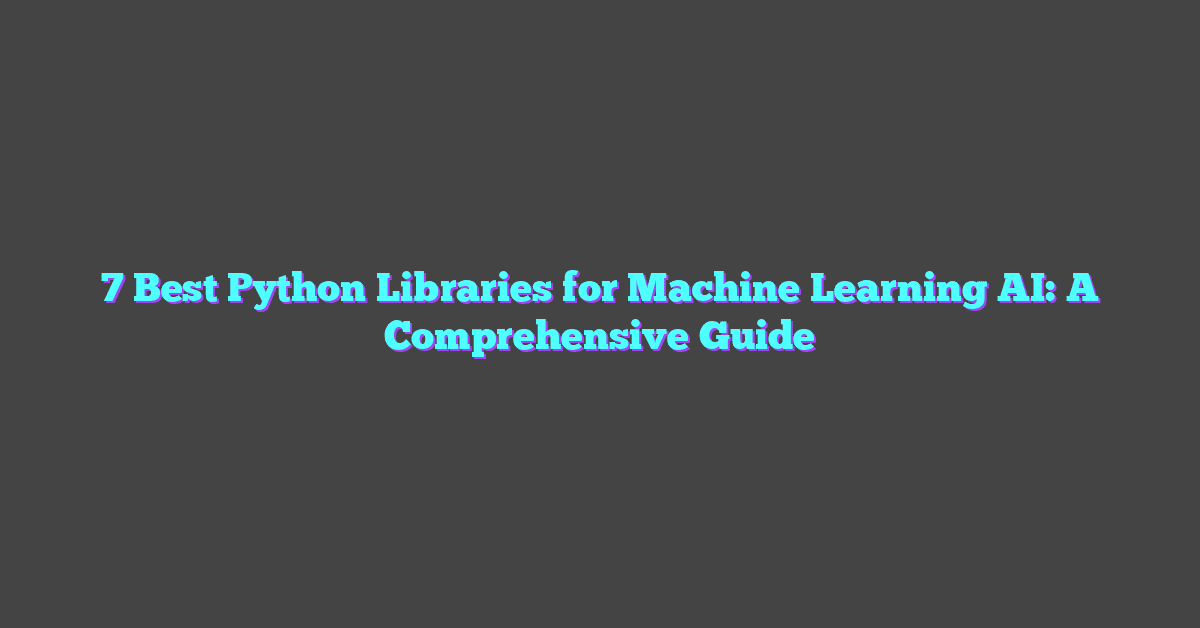India’s tech landscape is rapidly evolving, and artificial intelligence (AI) is at the forefront of this transformation. With startups and established companies alike diving into AI-driven solutions, the demand for skilled professionals in this field is skyrocketing. But is AI a good career choice in India?
Many young professionals and students are pondering this very question. From lucrative salaries to the chance to work on groundbreaking technologies, a career in AI offers numerous benefits. However, it’s essential to weigh these advantages against the challenges and demands of the industry. Let’s explore what makes AI an appealing career option in India and whether it aligns with your aspirations.
The AI Landscape in India
India’s AI landscape is rapidly evolving, driven by advancements in technology and increased investment. The demand for AI professionals continues to grow, creating numerous opportunities for aspiring individuals.

Growth of AI Technology
AI technology in India has seen exponential growth. Various startups, such as Haptik and Niki.ai, are leveraging AI to develop innovative products. Established companies, including Tata Consultancy Services and Infosys, are integrating AI to streamline operations. According to a report by Analytics India Magazine, the AI industry in India grew by 19.7% in 2022, driven by advancements in machine learning, natural language processing, and robotics. Training data quality, algorithmic advancements, and the availability of computing power have significantly contributed to this growth.
Government and Industry Initiatives
The Indian government has launched several initiatives to promote AI development. In 2018, the Ministry of Electronics and Information Technology (MeitY) established the National AI Portal to provide resources and tools for AI research. The National Strategy for Artificial Intelligence, NITI Aayog’s comprehensive roadmap, aims to position India as a global AI leader by focusing on research, innovation, and skill development. Industry initiatives also play a crucial role. Nasscom, an IT industry body, organizes events, conferences, and workshops to foster AI talent and collaboration. These initiatives bridge the gap between academia, industry, and government, creating a robust ecosystem for AI innovation.
Skills Required for a Career in AI
A career in AI in India presents exciting opportunities and challenges. Professionals need a combination of technical and soft skills to thrive in this dynamic field.
Technical Skills
Technical skills form the backbone of any AI career. Proficiency in programming languages like Python, R, Java, and C++ is essential. Machine learning algorithms, neural networks, deep learning frameworks like TensorFlow and PyTorch, and data analysis also play critical roles. Here are some specific areas:
- Programming Languages: Python, R, Java, and C++ are fundamental.
- Machine Learning Algorithms: Supervised learning, unsupervised learning, and reinforcement learning.
- Neural Networks: Convolutional neural networks (CNNs), recurrent neural networks (RNNs), and generative adversarial networks (GANs).
- Frameworks: TensorFlow, Keras, and PyTorch.
- Data Analysis: Data cleaning, exploratory data analysis, and statistical analysis.
- Mathematics: Linear algebra, calculus, probability, and statistics.
Soft Skills and Continuous Learning
Soft skills complement technical expertise, enabling professionals to navigate complex projects and collaborate effectively. Communication, problem-solving, and adaptability are crucial. Let’s delve into these:
- Communication: Articulate ideas clearly to stakeholders and team members.
- Problem-Solving: Identify solutions in multifaceted scenarios.
- Critical Thinking: Analyze and evaluate data and algorithms.
- Collaboration: Work with cross-functional teams to achieve objectives.
- Adaptability: Stay current with rapidly evolving AI technologies and methodologies.
- Continuous Learning: Engage in lifelong learning through courses, certifications, and staying updated with industry trends.
Combining technical mastery with soft skills empowers AI professionals to innovate and lead in India’s burgeoning AI sector.
Job Opportunities in AI Across Various Industries
Demand for AI expertise spans multiple sectors in India, creating myriad career opportunities. This section delves into key industries leveraging AI to drive innovation and efficiency.
IT and Software
The IT and software industry remains a primary hub for AI professionals. Companies like TCS, Infosys, and Wipro integrate AI to optimize operations and develop new services. Roles in this sector include AI engineers, machine learning specialists, and data scientists. These professionals work on natural language processing (NLP), computer vision, and predictive analytics. Startups such as Haptik and Niki.ai also contribute to the demand by developing AI-driven applications and chatbots.
Healthcare
In healthcare, AI facilitates diagnostics, treatment plans, and patient management. Hospitals and clinics use AI to analyze medical images, predict disease outbreaks, and personalize patient care. Job roles include clinical data analysts, bioinformatics specialists, and AI researchers. Institutions like Apollo Hospitals and AIIMS deploy AI systems for imaging and predictive modeling, improving diagnostic accuracy and patient outcomes. Companies like Practo and Portea leverage AI for telemedicine and home healthcare services.
Automotive and Manufacturing
AI transforms the automotive and manufacturing sectors, enhancing production efficiency, quality, and safety. AI engineers, robotics experts, and industrial data scientists find careers in these industries. Companies such as Tata Motors and Mahindra & Mahindra use AI for automated quality control and predictive maintenance. AI applications include autonomous vehicles, industrial robots, and supply chain optimization. Bosch and Siemens implement AI for smart factories and advanced manufacturing solutions.
AI’s cross-industry adoption in India promises a dynamic and rewarding career for those passionate about artificial intelligence and machine learning.
Challenges and Considerations
When considering AI as a career in India, several challenges and factors come into play.
Competition and Job Market Saturation
Demand for AI skills in India is high, with a growing tech landscape and numerous startups and established companies. However, with this demand comes intense competition. Many professionals are pursuing AI, leading to job market saturation in some areas. To stand out, individuals must focus on niche specializations within AI, such as natural language processing or computer vision. Continuous learning and adapting to new technologies also help maintain a competitive edge.
Ethical and Privacy Concerns
AI raises significant ethical and privacy concerns. Algorithms can exhibit biases, affecting fairness and equality. Professionals must ensure their AI solutions are unbiased and ethical. Privacy issues also arise, as AI often processes large amounts of personal data. Compliance with data protection laws and implementing robust privacy measures are essential in AI development. Understanding these concerns is critical for responsible AI practitioners who want to make a positive impact.
Conclusion
AI presents a promising career path in India with immense potential for growth and innovation. The country’s tech landscape is rapidly evolving, driven by a robust ecosystem of startups and established companies embracing AI. Job opportunities span various industries, offering roles that cater to different interests and expertise.
However, aspiring AI professionals must navigate challenges like competition and ethical considerations. Specializing in niche areas and staying updated with industry trends can provide a competitive edge. By addressing these challenges responsibly, AI practitioners can contribute significantly to India’s journey as a global AI leader.
Frequently Asked Questions
What is driving the demand for AI professionals in India?
The growing importance of artificial intelligence in various sectors is driving demand for AI professionals in India. Companies are utilizing AI to optimize operations, enhance customer experience, and innovate their services.
Which industries in India are most involved with AI?
IT and software, healthcare, and automotive/manufacturing industries in India are heavily involved with AI. These sectors use AI for operations optimization, personalized patient care, and production efficiency.
What are some notable AI startups in India?
Notable AI startups in India include Haptik and Niki.ai. These companies are making significant contributions to the AI landscape with their innovative solutions.
What roles are available for AI professionals in India?
AI professionals in India can pursue diverse roles such as AI engineers, data scientists, and robotics experts. These roles offer pathways to develop and implement AI technologies across various industries.
What are the challenges of pursuing an AI career in India?
Challenges include competition, job market saturation, and the need for niche specializations. Ethical concerns over biases in algorithms and privacy issues related to personal data are also significant.
How is the Indian government supporting AI development?
The Indian government is implementing initiatives and policies to promote AI development. These efforts aim to position India as a global leader in AI technology.
Why are ethical considerations important in AI jobs?
Ethical considerations are crucial to address biases in algorithms and privacy concerns. Being responsible ensures AI technologies positively impact society and maintain public trust.
How are established Indian companies integrating AI?
Established companies like Tata Consultancy Services and Infosys are integrating AI into their operations to improve efficiency, drive innovation, and enhance customer satisfaction.
What skills are essential for a career in AI?
Key skills include proficiency in programming languages (such as Python), knowledge of machine learning algorithms, data analysis, and a strong foundation in mathematics and statistics.




